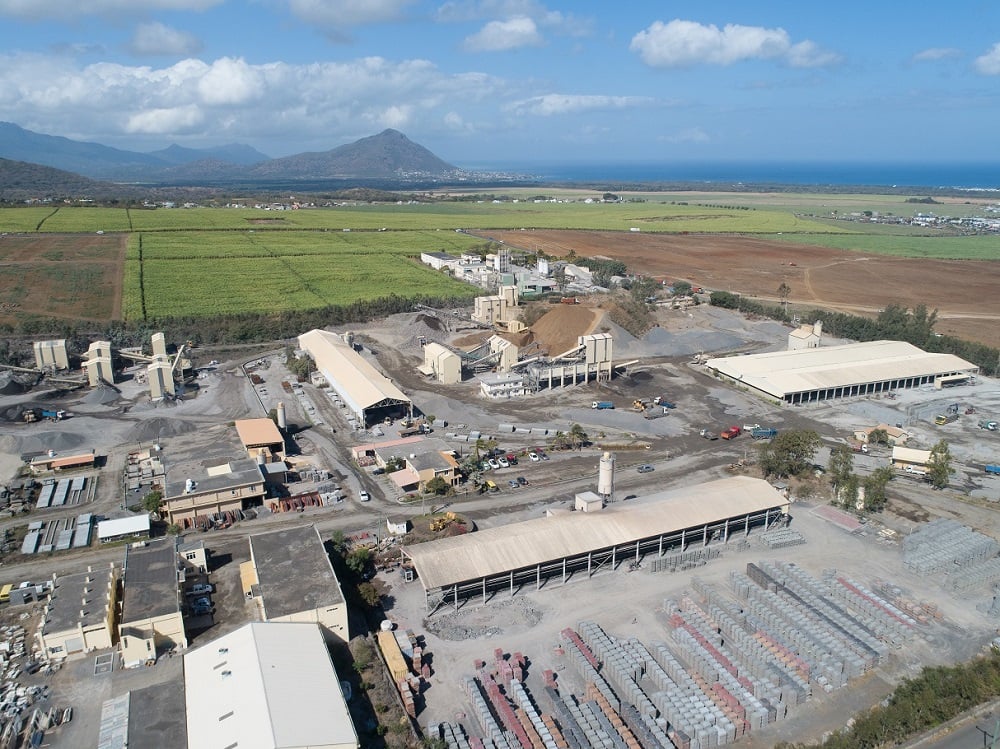- Home
- Investor Centre
- Sustainability
- Talent
- News
- TH!NK
- Corporate Governance
- Company Profile
- Board of Directors
- Community
Contact Info
Local custody: An often-forgotten supporting act of the International Financial Centre

As Mauritius commemorates the 30th anniversary of its International Financial Center (IFC), the country's custodian sector continues to evolve rapidly. In this article written for Mauritius Finance Magazine, Hema Cederhage, MCB’s Head of Securities Services, takes us through the creation, regulation, and future of the custodian landscape in Mauritius.
A common definition for an International Financial Centre is the concentration of core financial services such as banking, financial markets, insurance, and asset management in a single location. These institutions, however, exist as part of a bigger ecosystem, the supporting acts, if you like, that guarantee their ability to succeed. The custody business, while being core to the asset management industry, is one of those supporting acts offering services to all of the major players of a financial centre.
It is a little-known fact that the Mauritian custody industry is 30 years old, making it as old as the major developments that have marked the transformation of the financial services sector into the third pillar of the economy.
Creation of the local custody business
The financial sector underwent its biggest transformation at the end of the 1980s with the introduction of major changes, such as the licensing of offshore banks in 1988 via amendments to the Banking Act, followed by the adoption of the Stock Exchange Act 1989.
In 1992, a new fund called the ‘Mauritius Fund’ solely invested in shares listed on the Stock Exchange of Mauritius (SEM) was launched on the London Stock Exchange. Lloyd’s Bank, the UK-based bank, was appointed as custodian, which necessitated the appointment of a local provider for the recordkeeping of investments in the SEM-listed securities, thus firmly establishing the need for local custody.
With the suspension of exchange controls in 1994, foreign investors could intervene on the SEM. With this new change, record keeping became a new service offering to bank clients with investments in SEM-listed stocks, including the safekeeping of these assets.
The regulatory landscape
The securities services industry continued to evolve with the introduction of legislative and licensing frameworks to regulate the sector. The enactment of the Securities (Collective Investment Schemes and Closed-End Funds) Regulations 2008 paved the way for the creation in Mauritius of customised and innovative fund vehicles, including offshore fund vehicles, private equity funds, and funds aimed specifically at sophisticated investors and wealthy individuals. To operate a custody business, all local and international banks based in Mauritius required a licence under the new Securities Regulations.
With the promulgation of the Private Pensions Schemes Act in 2012, it became compulsory for private pension schemes to appoint a custodian to deliver on their fiduciary responsibilities of transparency and good governance towards their own investors. In the absence of a regulatory obligation to do so, appointing a custodian bank offers a higher level of asset protection. Banks keep their client assets separate from their own balance sheet, which is additional protection in case of bankruptcy or insolvency of the custodian bank.
The future
By being virtually borderless, custody has played a key yet unofficial role in facilitating the growth of cross-border investments and collective investment schemes. However, it is this very characteristic that threatens the international expansion of the local custody business.
With the right Anti Money Laundering (AML) controls and Know Your Client (KYC) checks in place, there is no need for an investor to be in the same jurisdiction as their custodian making it a truly international business. There is, therefore, a case in the name of transparency to make it compulsory for some local institutional investors to appoint a custodian licenced under the Securities Act 2005 for their international investments. For a volume-based business, it would provide a much-needed boost to increase competitiveness on a global scale.
It is impossible to talk about the future of the custody business without acknowledging the seismic shift the industry is undergoing in response to the relatively recent creation of digital assets. While there have been many inroads, the role of the digital custodian is still being defined, and the regulatory framework is still evolving across the globe. The technological response is also still evolving, with no clarity on who is controlling the narrative. Is it the tech solution providers or the custodians themselves? In Mauritius, the Virtual Asset and Initial Token Offering Services Act 2021 (VAITOS) which came into effect in February 2022, defines the need as “safekeeping of virtual assets or instruments enabling control over virtual assets”.
The role of the digital custodian, therefore, extends to the storage of cryptographic keys that control digital assets, not just the digital assets themselves, in what will continue to be a virtually borderless space. The future is not just bright but exciting!
Subscribe to our Email Alerts
Stay up-to-date with our latest releases delivered straight to your inbox.
Contact
Don't hesitate to contact us for additional info
Email alerts
Keep abreast of our financial updates.














